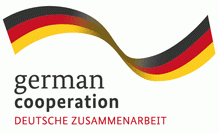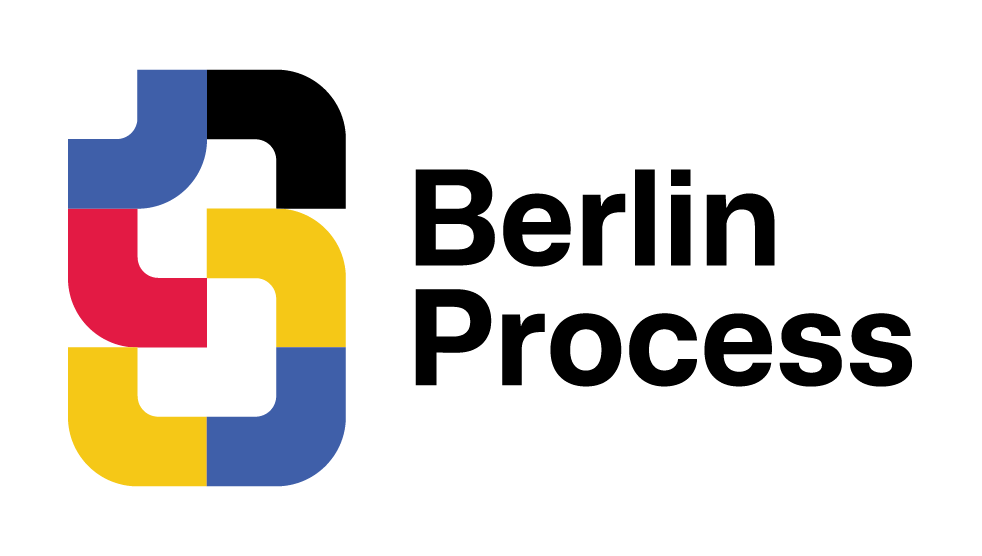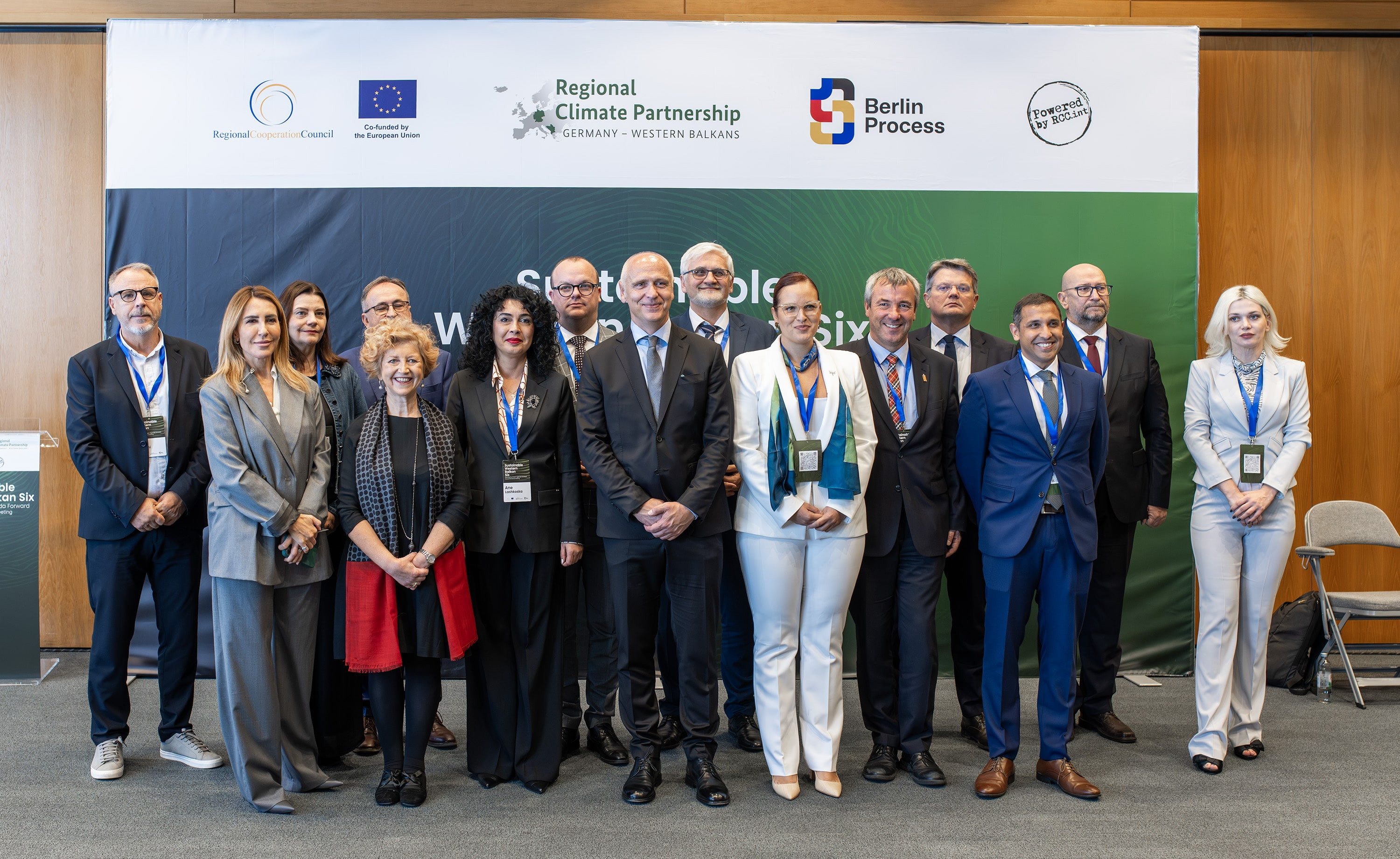Ministers of environment and sustainable development from across the Western Balkans gathered in Dubrovnik for the Second Ministerial Meeting on the Green Agenda for the Western Balkans, held under the 2025 Berlin Process. The meeting concluded with the endorsement of the Dubrovnik Declaration, a landmark commitment advancing the region’s path toward climate neutrality and closer alignment with the European Green Deal.
Organised by the Regional Cooperation Council (RCC) in cooperation with Germany’s Federal Ministry for Economic Cooperation and Development (BMZ), under the Regional Climate Partnership between Germany and the Western Balkans, and supported by the European Commission, the Government of Croatia, and the United Kingdom’s 2025 Berlin Process Chairmanship, the meeting marked a major milestone in the region’s coordinated approach to sustainable growth and energy transition. Croatia, the EU’s most recent member, hosted the event and shared its experience on climate policy integration and accession reforms.
The Dubrovnik Declaration reaffirms the Western Balkans’ commitment to the European Green Deal and introduces the Revised Green Agenda Action Plan 2025–2030, setting measurable regional targets for the next phase of implementation. The declaration also lays the groundwork for a Climate Adaptation Roadmap, a Regional Action Plan on Plastic Pollution Prevention, and an Outline of a WB6 Biodiversity Strategic Plan to restore nature and protect at least 30% of land and marine areas.
The Ministerial Meeting was followed by a Donor Coordination Meeting on the Green Agenda for the Western Balkans, which convened international financial institutions, development partners, and Western Balkans authorities. Discussions focused on aligning investments, addressing funding gaps, and enhancing coordination to accelerate green transition efforts. The meeting also previewed the Green Agenda for the Western Balkans (GAWB) Observatory, a new digital platform developed by the RCC to improve donor coordination, data transparency, and progress monitoring for regional green projects.
The Dubrovnik meetings showcased the region’s determination to turn ambition into action — accelerating the transition toward clean energy, sustainable economies, and climate resilience under the Berlin Process framework.
More information you may find here. Additionally, the revised Green Agenda Action Plan as well as Information Material on RCC-led deliverables is available online.


